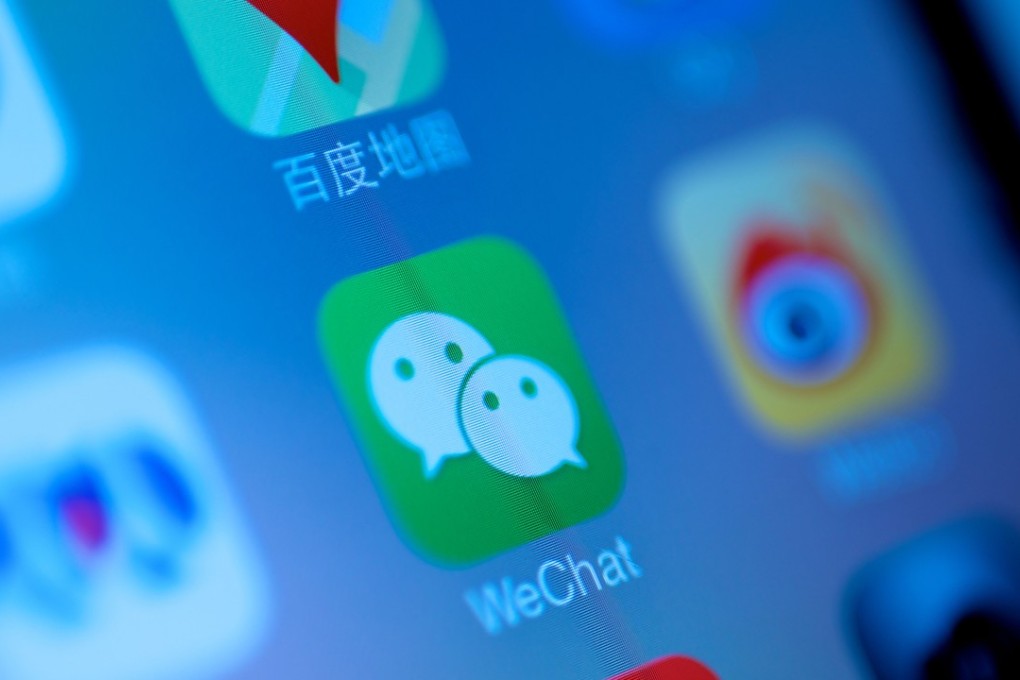China’s Tencent ‘deeply sorry’ after Russia blocks WeChat; but not a move against China

Chinese internet giant Tencent said on Saturday it was “deeply sorry” that its social media app WeChat had been blocked in Russia, adding it was in touch with authorities to try to resolve the issue.
Russian telecoms watchdog Roskomnadzor listed WeChat on the register of prohibited websites, according to information posted on the regulator’s website on Friday.
“Russian regulations say online service providers have to register with the government, but WeChat doesn’t have the same understanding [of the rules],” Tencent said in a statement.
Xinhua quoted a spokesman for Russia’s telecommunications watchdog as saying WeChat “did not provide the contact information necessary for registration with authorities”.
Following the incident, Tencent said on a microblog: “We’re experiencing a block and we’re deeply sorry.”
Tencent’s latest email response said that, “in accordance with internet regulations in Russia, organisers of information distribution on the internet are required to notify relevant authorities of their activities upon request”.
“As per these guidelines, we are in discussions with relevant authorities regarding the situation,” the company said.